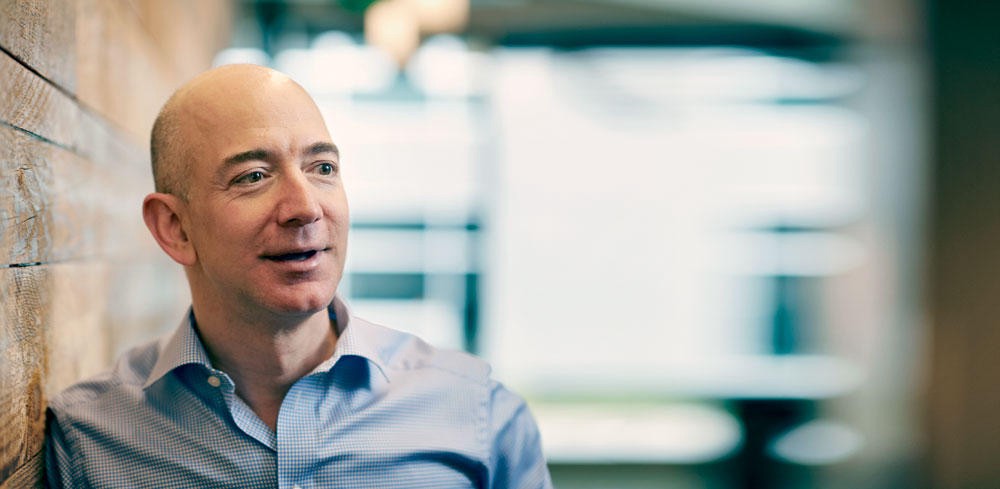
In 2006, Jeff Bezos bought a minority, no-control stake of Basecamp from Jason and me. We didn’t need any money to run the company, as we’d been profitable from the get-go, so none of it went to fund “our incredible journey”. As the Valley players say, we took money off the table.
It was an unusual deal for a number of reasons. First, Basecamp remained an LLC, which it still is. Not a corporation. Bezos’ personal investment shop simply took the role of a member in the LLC. This means that even to this day our paperwork and administrative overhead is laughably simple (Basecamp has no CFO, not even a full-time accountant!).
Second, there was no exit lined up! Jeff did have a one-time provision to sell his stake back to us after, I believe, seven years, but we didn’t trigger it, so now we’re in this together with no end in sight.
What Jeff got was the same deal that Jason and I had: His share of the yearly profits. What a quaint concept! But also a profitable one. Over the more than a decade that Jeff has been onboard, we’ve paid him back his initial investment five times over through profit distributions! And he still owns the stake.
What Jason and I got from the deal was the total confidence to go the distance. In 2006, we’d only been running Basecamp for a few years. We’d been besieged by venture capitalists and acquisition sniffers. But Basecamp wasn’t actually making that much money yet. Profitable, yes, but modestly so.
It’s only human to be tempted in such a situation. Only a year earlier, Yahoo had bought Flickr for some twenty million dollars. Jason and I had both been through the dot-com bust of the early 2000s. Now all of the sudden money was flowing again. So your mind wanders.
But thankfully it didn’t wander all that far. We had a good thing going, and we had no interest in giving it up. But at the same time, it seemed prudent to hedge the bet at least somewhat. It was entirely possible that Basecamp could have petered out, and we’d been back to doing consulting with no residual to show for it. That wouldn’t exactly had been the end of the world, but surely it would have engendered some regret.
Speaking of which. When we first started talking to Jeff, he spoke of his regret-minimization framework. It applied very well here. If we sold part of the company to VCs or all of it to some big company, there was a very good chance we’d end up regretting it. We’d be working for someone else, be on their timeline. All the ills we’ve been talking about for a long time.
But selling a small, no-control stake to Jeff? If Basecamp was going to fail, clearly we wouldn’t regret that. And if Basecamp was going to succeed, we’d not regret it either, since Jeff’s involvement would only mean giving up a small slice of the upside, without any of the normal investment-induced drawbacks.
The hardest part was actually talking Jeff down on the size of the purchase. Originally he wanted a bigger slice, which would have meant more money for Jason and I, but it would also have meant giving up more of the company. We decided that all we needed were a few million each to protect the downside of a bust, so that’s what we sold him.
I think it’s a shame that arrangements like this aren’t more common. I think many companies would be better off if the founders got to hedge their bet just enough to dare go the distance without the anchor of traditional venture capital.
The big financial cliff for most entrepreneurs is the difference between no net worth and a few million. The difference between having a few million and a lot of millions is vanishingly small in comparison.
Well, I suppose that even a lot of millions is now a vanishingly small difference to Jeff. He just got crowned the richest man in the world. But you get the point 😂

